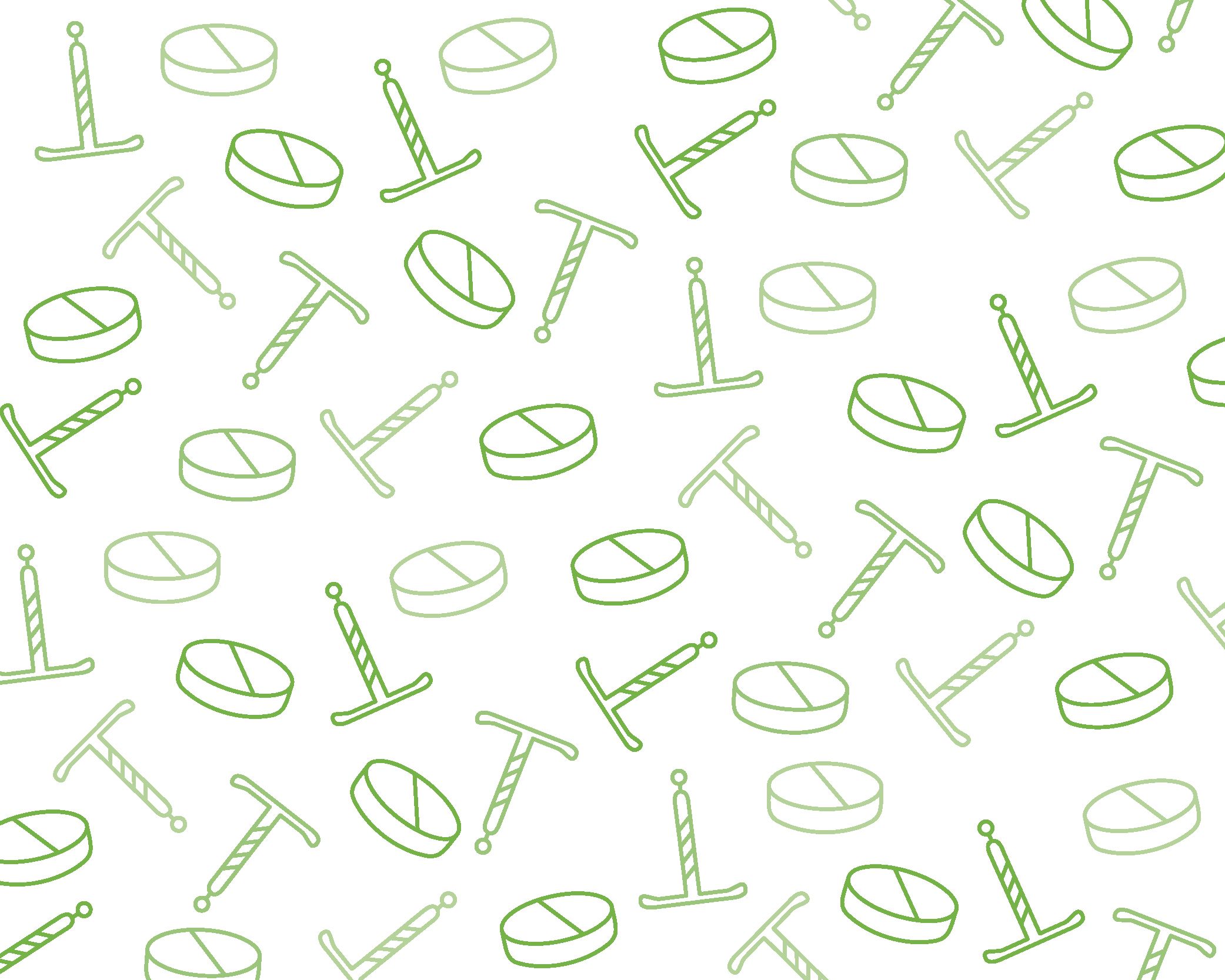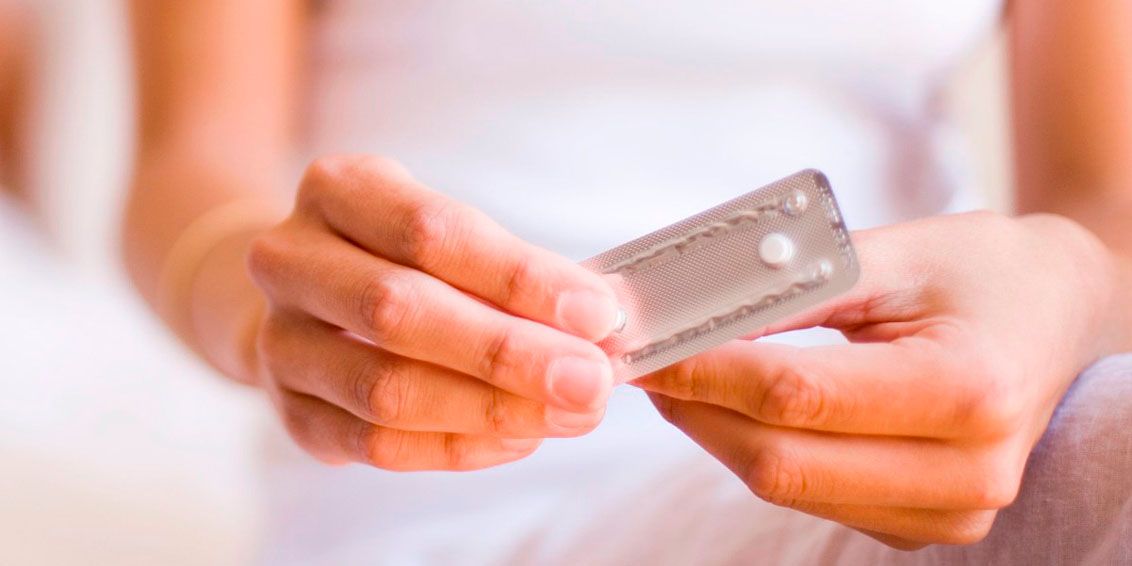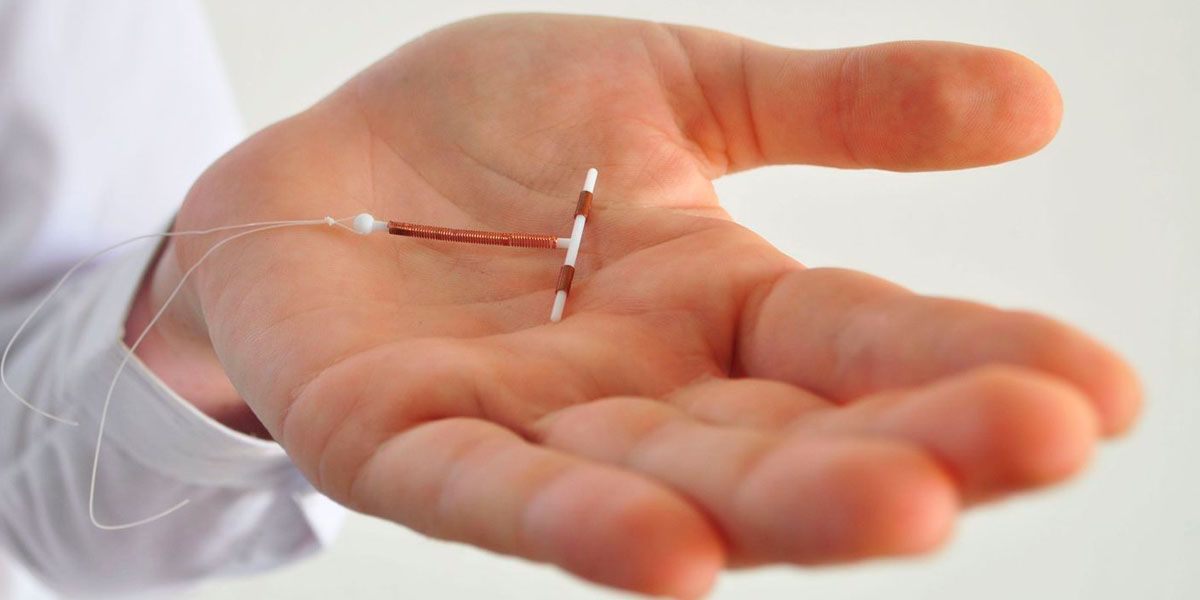Emergency Contraception

What is emergency contraception?
Emergency contraception (EC) is used after unprotected sex to reduce the risk of pregnancy.
You might use emergency contraception if:
• You had sex and didn’t use any contraception
• A condom broke or slipped off during sex
• You missed one or more of your usual contraceptive pills
• You were sexually assaulted
What kind of emergency contraception is available?
There are two types of emergency contraception available in Australia:
• The emergency contraceptive pills (ECP):
- The Levonorgestrel emergency contraceptive pill. (Has many different brand names).
- The ulipristal acetate emergency contraceptive pill. (Brand name: EllaOne)
• The copper intrauterine device (IUD).
The emergency contraceptive pills (ECP)
How do they work?
The emergency contraceptive pills work by stopping or delaying ovulation (the release of an egg from the ovaries). ECP are not abortion pills and will not harm an existing pregnancy
How effective are they?
ECP are around 85% effective in preventing pregnancy. The earlier they are taken, the more effective they are. Ulipristal acetate-ECP is more effective in preventing pregnancy than Levonorgestrel-ECP
When do I need to take the emergency contraceptive pill?
ECP should be taken as soon as possible after unprotected sex; the sooner you take it, the better it works.
Levonorgestrel-ECP needs to be taken within 72 hours (3 days) after unprotected sex. However, it may have some effect up to 96 hours (4 days). The sooner Levonorgestrel-ECP is taken the more effective it is. When you take Levonorgestrel-ECP, it is important to continue with any regular contraception that you are using.
If you are breastfeeding: Levonorgestrel-ECP is okay to use if you are breastfeeding.
Ulipristal acetate-ECP needs to be taken within 120 hours (5 days) of unprotected sex. The sooner it is taken, the better it works.
If you are using the combined oral contraceptive pill or progestogen-only pill (mini pill) you will need to stop taking it for 5 days after using Ulipristal acetate-ECP because other hormone contraception can make the Ulipristal acetate ECP less effective. When you restart your previous contraceptive method, you will need to use condoms for seven days before you are protected from pregnancy.
If you are breastfeeding: It is generally advised that you don’t breastfeed for 7 days after using Ulipristal acetate -ECP and discard any milk expressed during this period. You can safely resume breastfeeding after this time. Talk to your GP or pharmacist about this if you are concerned.
Can I take ECP more than once in the same cycle?
Yes, you can take ECP more than once in the same menstrual cycle if you use the same type. Using different types in the same cycle can make them less effective.
How often can I use ECP?
It is not a good idea to use ECP too often because they are not as effective as other contraceptive methods and can also cause your period to be irregular. If you find you need to use emergency contraception frequently, it might be a good idea to talk to your GP, or to a doctor or nurse at SHFPACT, about a contraceptive that might suit you better.

Will ECP protect me for any future sex?
The emergency contraception pills will only protect you from the sex you just had and will not prevent pregnancy from any sex that occurs after you have taken it.
Where can I get ECP?
Levonorgestrel-ECP is available without a prescription at most pharmacies. In the ACT it is also available at the SHFPACT clinic for a small cost. It is free at the Walk-in Centres, the Junction Youth Health Centre (if you are under 25), and Canberra Sexual Health Centre.
Ulipristal acetate-ECP is available as EllaOne without a prescription at most pharmacies. Not all pharmacies stock it, so you might want to call ahead to make sure they have it available.
You do need to go in person to get the ECP and the pharmacist or health care provider will need to ask you some routine questions to ensure that ECP is suitable for you. This is done for many different medications.
Do the emergency contraceptive pills have any side effects?
The emergency contraceptive pills are considered very safe to take. Most people do not experience side effects, but if you do get any, they may include nausea, headache, and possible changes to your menstrual cycle in the month that you take it.
Although vomiting is very rare, if you vomit within 3 hours of taking ECP you will need a second dose.
Some medications may interfere with ECP so it’s important to tell your doctor, nurse, or pharmacist about any medications or herbal preparations that you are taking.
When will my period come after I have taken ECP?
Most people will have their period at the usual time after taking ECP. However, it may be a bit early or a bit late.
Do I need any follow-up after taking the emergency contraceptive pill?
Yes, you will need to do a pregnancy test three weeks after the last unprotected sex, to make sure that the ECP has worked and that you are not pregnant. It is essential to do this whether your period has come or not.
The ECP does not protect you from sexually transmissible infections, so it is important to have a sexual health check, especially if the sex was with a casual partner. You may also wish to discuss ongoing contraception with your health care provider.
The Copper IUD
What is the Copper IUD?
The Copper IUD is a small plastic contraceptive device containing copper that is inserted into the uterus(womb).
How does it work as an emergency contraceptive?
The copper IUD works mainly by interfering with sperm and egg function and prevents fertilisation. It can also work by preventing the implantation of a fertilised egg. It does not cause an abortion.
It can be used as ongoing contraception and is effective as a contraceptive for 5 to 10 years, depending on the model used.
How effective is the Copper IUD as an emergency contraceptive?
The copper IUD is the most effective emergency contraceptive and is 99% effective in preventing pregnancy.
How soon after unprotected sex should I have the Copper IUD?
The Copper IUD must be inserted within 5 days after unprotected sex. You can then use it as ongoing contraception, or you can have it removed a short while later if you wish.

How is the Copper IUD inserted?
You need to have the copper IUD inserted by a specially trained doctor or nurse. They will need to talk to you first to see if it is suitable for you. If the copper IUD is suitable for you the insertion can go ahead.
The insertion is a procedure that involves putting a speculum into your vagina and passing the IUD through the cervix and into the uterus(womb). You will be at the clinic for about an hour, but the insertion itself takes about 10 to 15 minutes.
Will the IUD insertion hurt?
The IUD insertion can be uncomfortable for some people and can be quite painful for a small number of people (15%). The pain is similar to bad period pain. You will be advised to take oral pain relief beforehand; the doctor will talk to you about this. You will need to stay at the clinic for a short while afterward.
Does the Copper IUD have any side effects?
The copper IUD may have some minor side effects such as discomfort at the time of insertion. If you are going to use it for ongoing contraception please see SHFPACT’s Copper IUD information brochure for more details and discuss it with the health care provider that you see.
Where can I get a Copper IUD for emergency contraception?
Family planning clinics such as SHFPACT are the best places to access a copper IUD as emergency contraception within the right timeframe. Some GPs also Insert IUDs. If you are considering the copper IUD as an emergency contraceptive, please contact SHFPACT or your GP as soon as possible. SHFPACT is open during businesses hours on 02 6247 3077.
For more detailed information about the copper IUD see SHFPACT’s copper IUD information brochure.
References
- Contraception: An Australian clinical practice handbook 4th Edition
- Faculty of Sexual & Reproductive Healthcare UK
- Emergency Contraception Fact Sheet/ Family Planning NSW